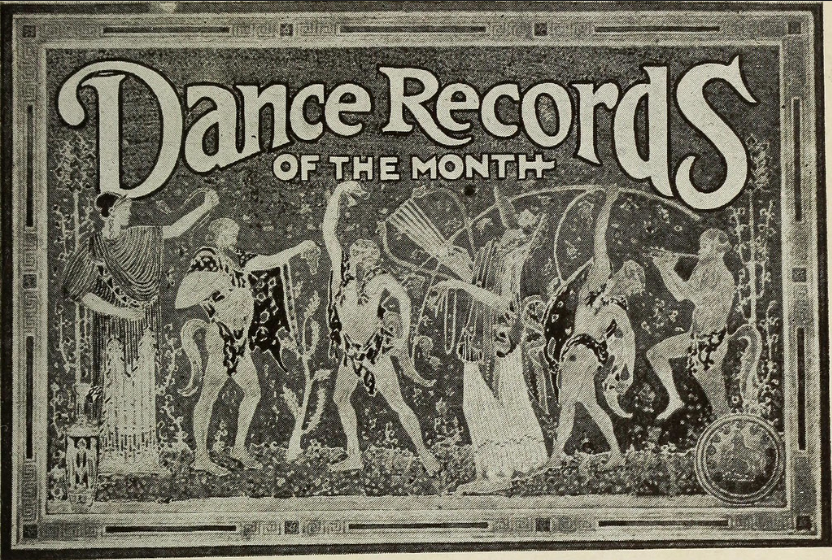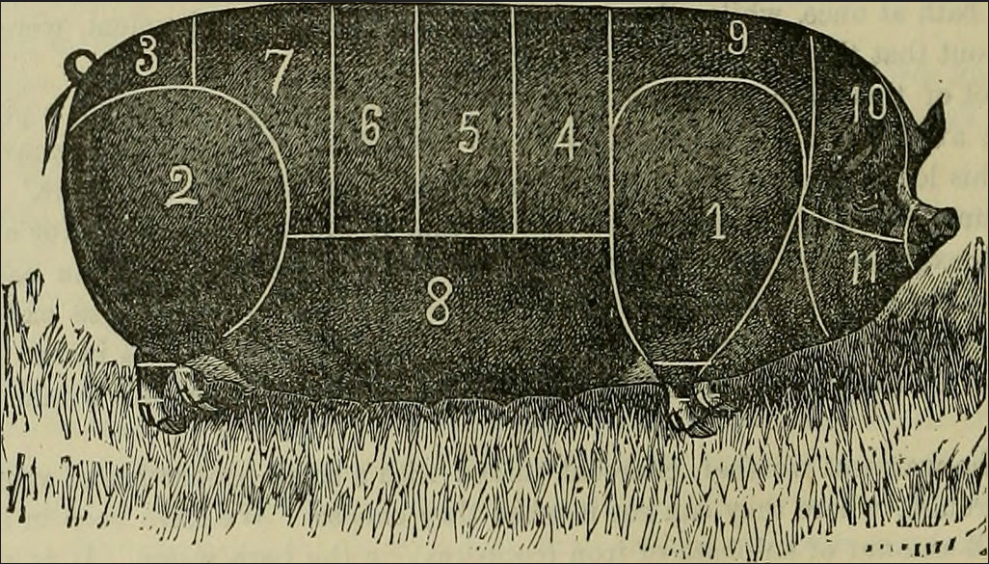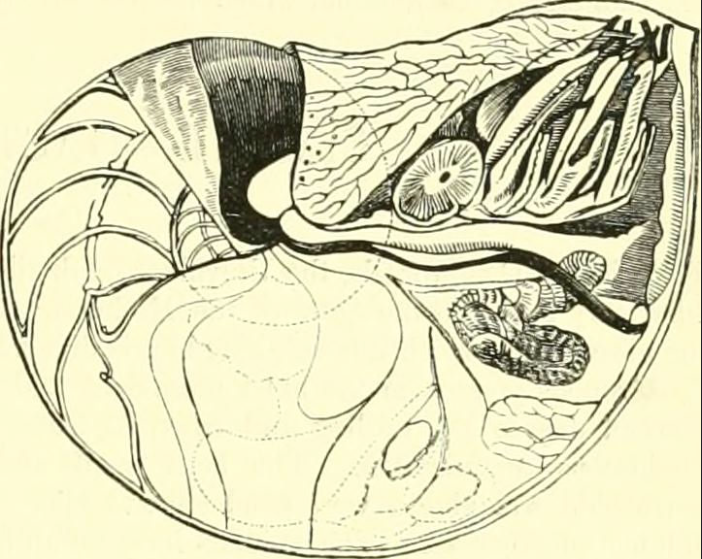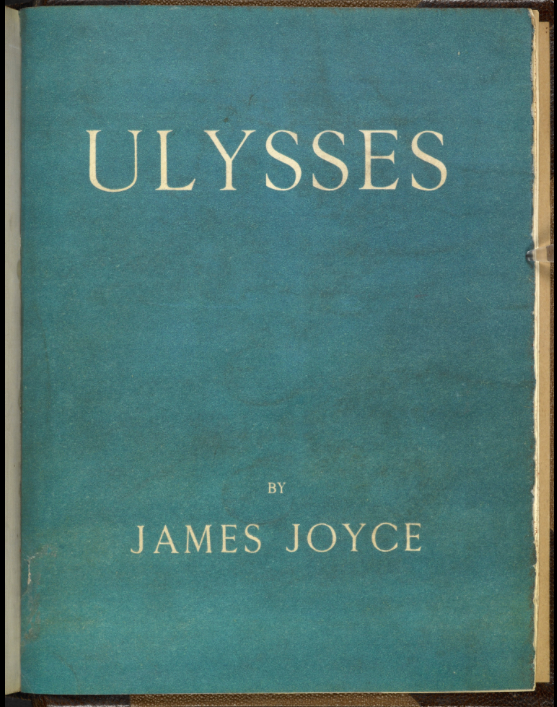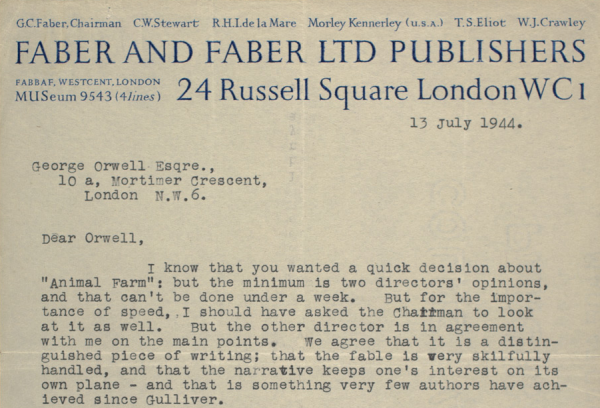No matter where you are in the world, you must by now be well-acquainted with the political chaos in the United States. No one can confidently predict what’s going to happen next. A certain privileged few still find the situation amusing; a certain few have found a tremendous opportunity to increase profit and standing, embracing the madness by embracing Donald Trump, the celebrity real estate mogul some on the right have dubbed their “Great White Hope.”
A column last week by the far-right nationalist Pat Buchanan— whom Trump once denounced as a “Hitler-Lover”—ran with the idea, expressing the paranoiac fantasies of thousands of white supremacists who have rallied behind the Republican nominee. Rhetoric like Buchanan’s and David Duke’s—another supporter Trump once disavowed (then famously didn’t, then eventually did again)—has demolished the “Overton window,” we hear. America’s racist table talk is now a major party platform: the proverbial crank uncle who immiserates Christmas dinner with wild conspiracy theories now airs grievances 24 hours a day on cable news, unbound by “political correctness” or standards of accuracy of any kind.
Granted, a majority of the electorate is hardly thrilled by the likely alternative to Trump, but as even conservative author P.J. O’Rourke quipped in his backhanded endorsement of Hillary Clinton, “She’s wrong about absolutely everything, but she’s wrong within normal parameters.” There’s nothing “normal” about Donald Trump’s candidacy. Its freakishness enthralls his adoring fans. But the millions of Americans who aren’t among them have legitimate cause for alarm.
Comparisons to Hitler and Mussolini may have worn out their usefulness in elections past—frivolous as they often were—but the Trump campaign’s overt demagoguery, vicious misogyny, racism, violent speech, actual violence, complete disregard for truth, threats to free speech, and simplistic, macho cult of personality have prompted plausible shouts of fascism from every corner.
Former Republican Massachusetts governor (and recently rejected Libertarian vice-presidential candidate) William Weld equated Trump’s immigration plan with Kristallnacht, an analogy, writes Peter Baker in The New York Times that is “not a lonely one.” (“There is nobody less of a fascist than Donald Trump,” the candidate retorted.) Likewise, conservative columnist Robert Kagan recently penned a Times op-ed denouncing Trump as a fascist, a position, he writes, without a “coherent ideology” except its nationalist attacks on racial and religious others and belief in “the strongman, the leader (Il Duce, Der Führer), in whom could be entrusted the fate of the nation.”
On the liberal left, figures like former labor secretary Robert Reich and actor and Democratic Party organizer George Clooney have made the charge, as well as columnists in the New Republic and elsewhere. In the video above from Democracy Now, Mexican president Enrique Pena Nieto compares Trump to Hitler, and Columbia University’s Robert Paxton—who has written articles and a book on his theory of fascism—discusses the possibility of Trump-as-fascist.
At the top of the post, Noam Chomsky (MIT professor and author of the new book, Who Rules the World?) weighs in, with his analysis of the “generalized rage” of “mainly working class, middle class, and poor white males” and their “traditional families” coalescing around Trump. (Anyone who objects to Chomsky’s characterization of Trump as a circus clown should take a moment to revisit his reality show career and performance in the WWE ring, not to mention those debates.)
In Chomsky’s assessment, we need only look to U.S. history to find the kind of “strong” racialized nativism Trump espouses, from Benjamin Franklin’s aversion to German and Swedish immigrants, who were “not pure Anglo-Saxons like us,” to later parties like the 19th century Know Nothings. Perhaps, as John Cassidy wrote in The New Yorker last year, that’s what Trump represents.
The history of nativism, Chomsky goes on, “continues into the 20th century. There’s a myth of Anglo-Saxonism. We’re pure Anglo-Saxons. (If you look around, it’s a joke.)” Now, there’s “the picture of us being overwhelmed by Muslims and Mexicans and the Chinese. Somehow, they’ve taken our country away.” This notion (which people like David Duke call “white genocide”) is
Based on something objective. The white population is pretty soon going to become a minority (whatever ‘white’ means)…. The response to this is generalized anger at everything. So every time Trump makes a nasty comment about whoever, his popularity goes up. Because it’s based on hate, you know. Hate and fear. And it’s unfortunately kind of reminiscent of something unpleasant: Germany, not many years ago.
Chomsky discusses Germany’s plummet from its cultural and political heights in the 20s—when Hitler received 3% of the vote—to the decay of the 30s, when the Nazis rose to power. Though the situations are “not identical,” they are similar enough, he says, to warrant concern. Likewise, the economic destruction of Greece, says Chomsky may (and indeed has) lead to the rise of a fascist party, a phenomenon we’ve witnessed all over Europe.
The fall of the Weimar Republic has a complicated history whose general outlines most of us know well enough. Germany’s defeat in WWI and the punitive, post-Treaty of Versailles’ reparations that contributed to hyperinflation and total economic collapse do not parallel the current state of affairs in the U.S.—anxious and agitated as the country may be. But Hitler’s rise to power is instructive. Initially dismissed as a clown, he struggled for political power for many years, and his party barely managed to hold a majority in the Reichstag in the early 30s. The historical question of why few—in Germany or in the U.S.—took Hitler seriously as a threat has become a commonplace. (Partly answered by the amount of tacit support both there and here.)
Hitler’s struggle for dominance truly catalyzed when he allied with the country’s conservatives (and Christians), who made him Chancellor. Thus began his program of Gleichschaltung—“synchronization” or “bringing into line”—during which all former opposition was made to fully endorse his plans. In similar fashion, Trump has fought for political relevance on the right for years, using xenophobic bigotry as his primary weapon. It worked. Now that he has taken over the Republican Party—and the religious right—we’ve seen nearly all of Trump’s opponents on the right, from politicians to media figures, completely fold under and make fawning shows of support. Even some Bernie Sanders supporters have found ways to justify supporting Trump.
But Trump is “not Hitler,” as his wife Melania claimed in his defense after his supporters swarmed journalist Julia Ioffe with grotesque anti-Semitic attacks. Although he has an obvious affinity for white nationalists and neo-Nazis (see his activity on social media and elsewhere) and perhaps a fondness for Hitler’s speeches, the comparison has serious drawbacks. Trump is something else—something perhaps more farcical and bumbling, but maybe just as dangerous given the forces he has unified and elevated domestically, and the dangers of such an unstable, petty, vindictive person taking over the world’s largest military, and nuclear arsenal.
Perhaps he’s just a tasteless, cynical con-man entertainer using hate as another means of self-advancement. He has non-white and Jewish supporters!, his voters claim. He holds “corrupt and liberal New York values”! say conservative detractors. These objections ring hollow given all Trump has said and done in recent years. His campaign, and the response it has drawn, looks enough like those of previous far-right racist leaders that calling Trump a fascist doesn’t seem far-fetched at all. That should seriously alarm any honest person who isn’t a far-right xenophobic nationalist.
Related Content:
Noam Chomsky Defines What It Means to Be a Truly Educated Person
Noam Chomsky Slams Žižek and Lacan: Empty ‘Posturing’
How to Spot Bullshit: A Primer by Princeton Philosopher Harry Frankfurt
Rare 1940 Audio: Thomas Mann Explains the Nazis’ Ulterior Motive for Spreading Anti-Semitism
Josh Jones is a writer and musician based in Durham, NC. Follow him at @jdmagness
